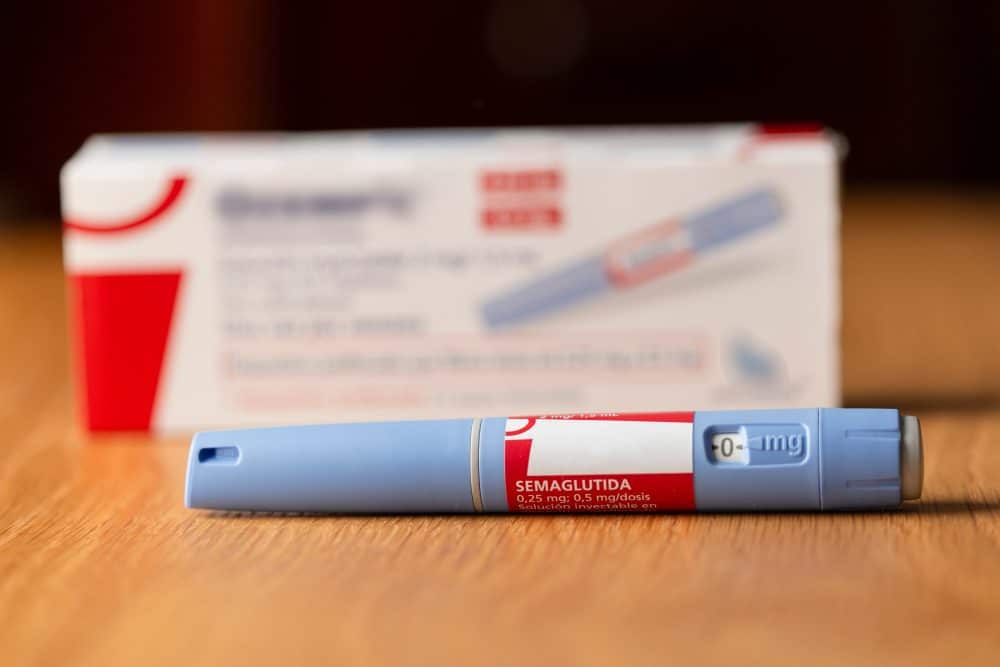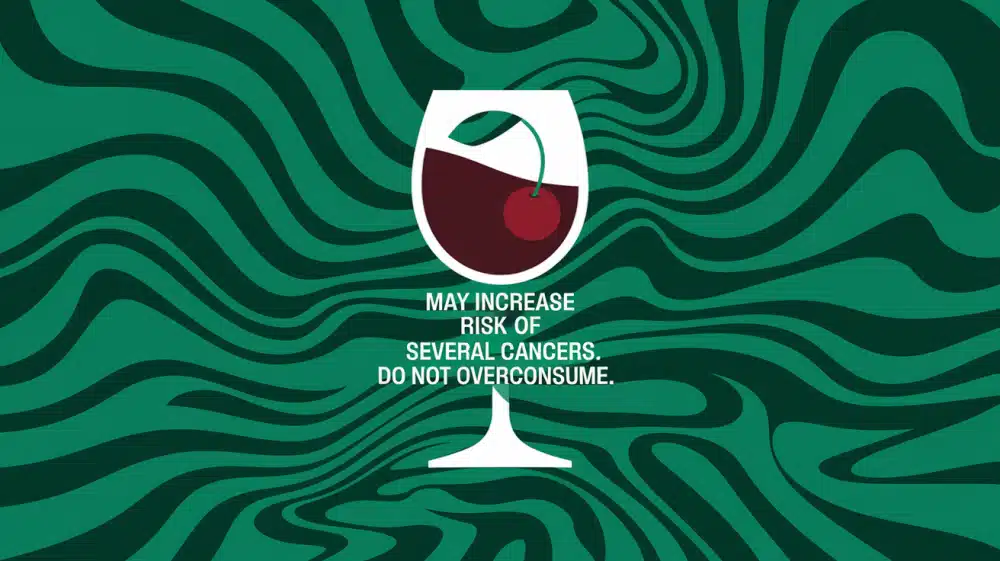Cocaine and alcohol have a long-established association of dual misuse. Between 50-90% of people dependent on cocaine also receive a diagnosis of alcohol dependence. It’s a common sentiment among people who use both substances that the depressive effects of alcohol can help to mitigate the harsher “ups” of cocaine; however, the interaction between the two drugs creates a cycle of consistent use that can rapidly solidify into substance use disorder. In addition, combining cocaine and alcohol leads to increased risks for numerous life-threatening medical events and can cause long-term physical and mental damage, even alcohol and cocaine overdose.
Chemical and Psychological Interactions
People may enjoy drinking alcohol while using cocaine because it can help heighten the feelings of euphoria while also easing the discomfort of an intense high. However, the combination of cocaine and alcohol can lead to a wide variety of dangerous developments and form a dual-rooted addiction that is significantly harder to overcome. Alcohol tends to increase a person’s desire to use cocaine repeatedly, with one study finding that alcohol use increases cravings in current users and may be associated with increased relapse rates in those trying to quit. People who combine cocaine and alcohol are also demonstrably more likely to have injuries, sustain adverse reactions, and visit emergency rooms more frequently.
Cocaine and alcohol share a unique chemical relationship that creates a greater risk for people who use both drugs. When taken together, the body converts cocaine and alcohol into cocaethylene, a chemical compound that produces stronger, longer-lasting effects and presents new dangers. Cocaethylene and its toxic effects remain in the body much longer than cocaine. Its presence slows the liver’s ability to process toxins, raising a person’s blood levels of cocaine, cocaethylene, and alcohol all at once.
In addition to the other dangers of cocaine and alcohol, cocaethylene has been associated with seizures, liver damage, and a compromised immune system. It also carries an 18-25 times greater risk of immediate death than cocaine alone. The mixture of cocaine and alcohol is the single most common two-drug combination to result in drug-related death.
Increased Risk of Alcohol and Cocaine Overdose
After synthetic opioids, cocaine ranks at the top of overdose-related deaths in the United States in 2018, rating just as deadly as heroin and prescription opioids. Meanwhile, alcohol claims the lives of an estimated 95,000 people each year. When used together, the two drugs produce a significant increase in overdose and death risks.
An overdose occurs whenever a person takes enough of a drug to induce intense negative effects. As a person’s tolerance builds, forcing them to use greater quantities to achieve the same highs, the risk of cocaine overdose becomes increasingly prominent. As their minds and bodies react to cocaine, they may experience intense, unpleasant feelings of being “too up.” Many people seek to combat these feelings through the depressive effects of alcohol; this practice makes it much harder to notice overdose symptoms and can quickly lead to medical complications.
Cocaine overdose can lead to coma, convulsions, and death. The most frequent medical emergencies that result from cocaine overdose include problems in the heart, including heart attacks and rhythm disturbances, and problems in the brain, including strokes, seizures, and coma. The urban legend that purports that some users die after their first use is far from fantasy; it’s rare, but not legendary, for someone to die suddenly from a stopped heart or spasms in the blood vessels in the brain after their first time taking the drug. The introduction of alcohol exacerbates these effects in numerous ways, especially by further constricting the blood vessels.
In addition to the heightened risk of overdose, combining alcohol and cocaine can produce several dangerous effects. The specific combination of these two drugs has been associated with a significant increase in emergencies of both the brain and the heart, including heart attack, cardiac arrhythmia, heart muscle disease, cardiac toxicity, and brain hemorrhage. Cocaine and alcohol also increase a person’s risk of stroke by shrinking blood vessels, raising blood pressure, and heightening the risk of blood clots.
Complications in Withdrawal
Consistent use of cocaine and alcohol is known as polysubstance abuse: the presence of addiction on two substances or more substances at once whose interactions in the body exacerbate one another’s effects. Cocaine alone is a highly addictive drug that leads to intense cravings. Combined with alcohol, it can lead to a seriously dangerous state of addiction that requires medical supervision for a safe and successful detox and withdrawal.
Acute withdrawal can begin as soon as hours after one’s last dose. Cocaine and alcohol each produce unpleasant, potentially dangerous withdrawal symptoms independently; combining them can lead to various severe symptoms, including:
- Suicidal ideation
- Tremors
- Extreme mood swings
- Vomiting
- Insomnia
- Psychosis
These dangers make it critical to get professional medical supervision when attempting to detox from cocaine and alcohol.
If you or a loved one are struggling with cocaine and alcohol, reach out to professional help as soon as possible. Attempting to detox on your own can lead to dangerous health complications, relapse, or overdose without the right support and care. Treatment programs will not judge you, shame you, or lecture you on your habits; they’re there to help you get well. Getting help for overcoming polysubstance abuse requires thorough treatment that can monitor your progress around the clock and keep you aware of every development.
Gallus Medical Detox Centers provide individualized care to meet your personal needs. We offer a safe, comprehensive environment to get you through detox as safely and successfully as possible. Our patients succeed after going through our medical detox. You deserve the chance to succeed in the life you want to live.


 Steve B
Steve B 
